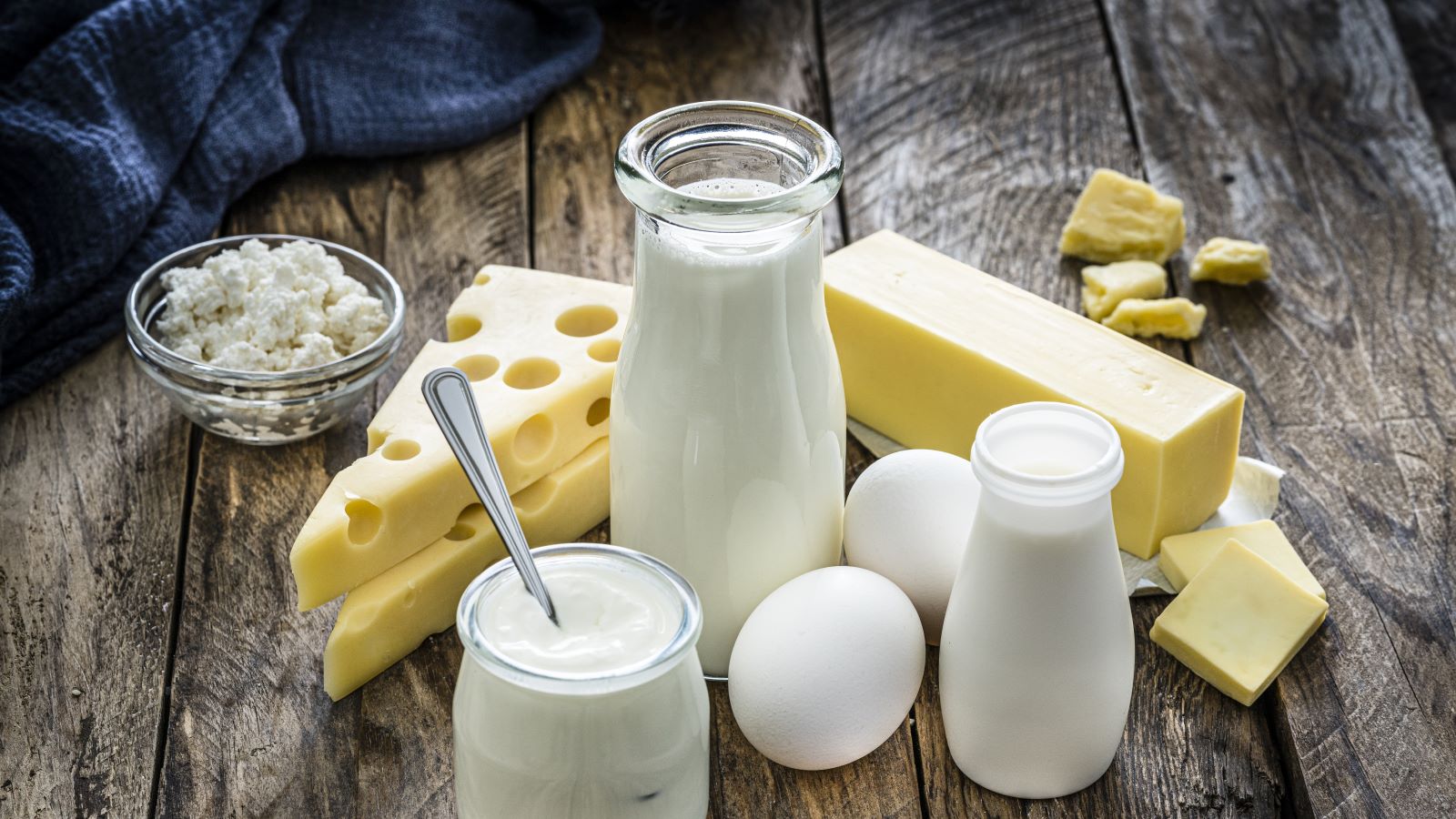Managing Crohn’s disease can be a daily challenge. This chronic inflammatory condition brings cycles of painful flare-ups, remission and unexpected relapses, which makes eating a source of anxiety.
To help make sense of it, we asked Rohit Singhania, MD, a gastroenterologist and hepatologist with Hartford HealthCare, for insights on managing Crohn’s disease — and what foods to avoid.
Crohn’s disease causes flare-ups.
A flare is a phase of Crohn’s that can last anywhere from days to months, bringing intense symptoms like cramping, frequent diarrhea, rectal bleeding and weight loss.
“Eating often worsens symptoms during a flare or active inflammation,” explains Dr. Singhania. “While trigger foods can vary, there are some specific groups to avoid.”
5 foods to avoid with Crohn’s disease.
Common triggers for Crohn’s disease include:
- Dairy.
- Fatty foods, particularly animal fats.
- Fibrous foods like certain vegetables.
- Processed and ultra-processed foods, such as cookies and chips.
- Emulsifiers, artificial sugars, maltodextrins and titanium dioxide.
“Patients with a subtype of Crohn’s involving intestinal scar tissue, called strictures, should also avoid fruits and vegetables high in insoluble fiber,” adds Dr. Singhania.
> Related: 6 Healthy Sources of Fat to Add to Your Diet
A well-balanced nutritious diet is best.
For some, Crohn’s disease remission means a complete absence of symptoms, while for others, it may involve milder symptoms like occasional pain or diarrhea.
During remission, many wonder how to reintroduce foods into their diet safely.
“While it’s important to reintroduce foods slowly, we recommend an anti-inflammatory diet to help manage Crohn’s,” says Dr. Singhania. “As a general rule of thumb, you’ll shop the outside aisle for groceries.”
This well-balanced, nutritious diet includes:
- Fresh fruits.
- Vegetables.
- Whole grains.
- White meat, such as chicken and fish.
- Olive oil.
> Related: 3 New Superfoods to Add to Your Plate
Recognize and avoid processed food.
If you have Crohn’s disease, it’s important to recognize (and whenever possible) avoid processed and ultra-processed foods.
“Avoiding processed foods and refined sugars is crucial for reducing inflammation,” adds Dr. Singhania. “Understanding the difference between unprocessed, processed and ultra-processed foods is also key.”
Having trouble differentiating? This guide may help:
- Minimally processed: Corn, apple, potato, carrot and wheat.
- Processed: Canned corn, apple juice, baked potato, carrot juice and flour.
- Ultra-processed: Corn chips, apple pie, French fries, carrot cake and cookies.
> Related: Could Ultra-Processed Food Be Linked to Early Death?
A healthy life is possible with Crohn’s disease.
Managing Crohn’s disease means keeping a close eye on inflammation.
“When inflammation is high, symptoms worsen, which can increase the risk of malnutrition,” explains Dr. Singhania. “Opting for lighter, easy-to-digest meals can help manage symptoms and support weight recovery. Even small changes, like swapping chips or cookies for nuts, can make a big difference.”
Beyond a well-balanced diet, medical therapy is the most effective way to manage Crohn’s disease. Treatment varies depending on the severity of your symptoms. Mild cases may be managed with over-the-counter medications, while more severe cases may require prescription medications or, in some instances, surgery.
“Don’t let discomfort rule your life,” says Dr. Singhania. “We are here to help you live a full and healthy life.”



